Major League Baseball Should Kick Its Racist Past and Put Dick Allen in the Hall of Fame
Many consider the 1964 National League Rookie of the Year and 1972 American League Most Valuable Player the best ballplayer not honored in Cooperstown.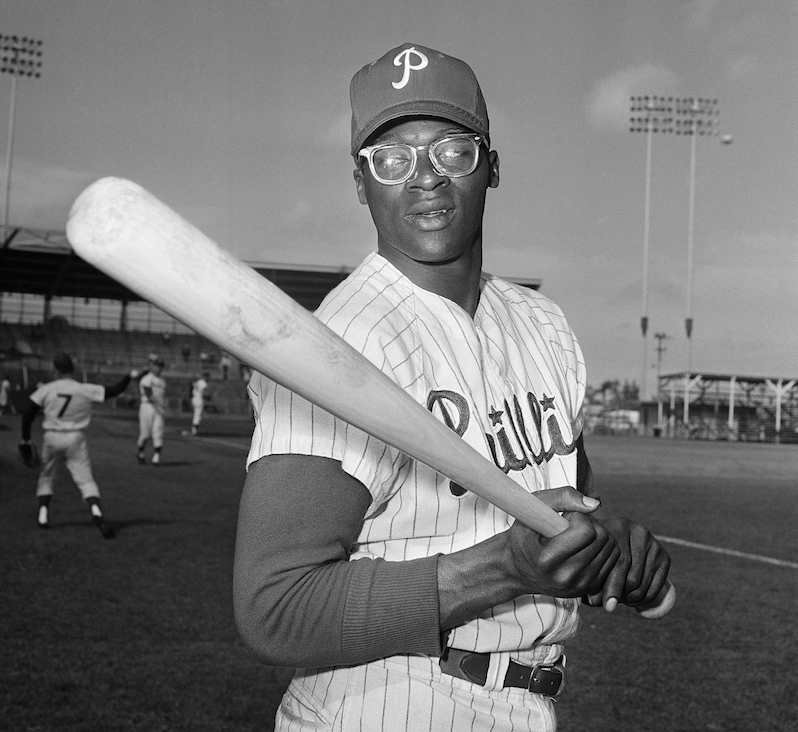 Dick Allen won the National League Rookie of the Year Award in 1964 and played in 1,749 games over a 15-year career in the major leagues. (AP)
1
2
3
Dick Allen won the National League Rookie of the Year Award in 1964 and played in 1,749 games over a 15-year career in the major leagues. (AP)
1
2
3

Dick Allen won the National League Rookie of the Year Award in 1964 and played in 1,749 games over a 15-year career in the major leagues. (AP)
Independent journalism is under threat and overshadowed by heavily funded mainstream media.
You can help level the playing field. Become a member.
Your tax-deductible contribution keeps us digging beneath the headlines to give you thought-provoking, investigative reporting and analysis that unearths what's really happening- without compromise.
Give today to support our courageous, independent journalists.
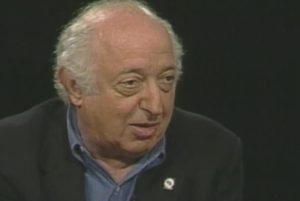
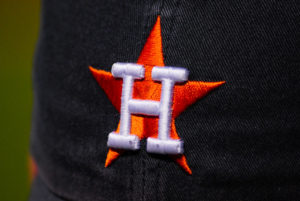
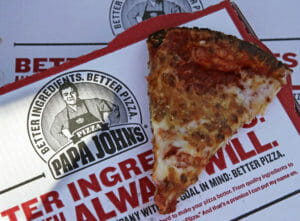
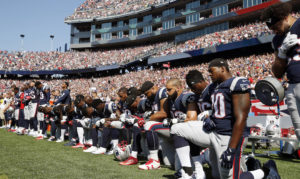
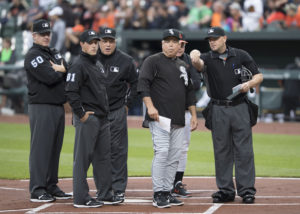
You need to be a supporter to comment.
There are currently no responses to this article.
Be the first to respond.